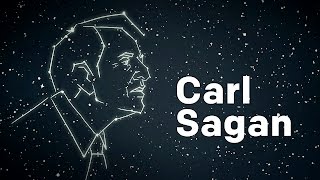Saturday, 17 January, 2026г.
















Где искать: по сайтам Запорожской области, статьи, видео ролики
пример: покупка автомобиля в Запорожье
Carl Sagan talks about of Venus and Venera probes. (english)
Carl Sagan describes the terrible conditions of Venus using the information of the Soviet Venera probes.
Carl Edward Sagan (November 9, 1934 – December 20, 1996) was an American astronomer, cosmologist, astrophysicist, astrobiologist, author, science popularizer, and science communicator in astronomy and other natural sciences. His contributions were central to the discovery of the high surface temperatures of Venus. Sagan always advocated scientific skeptical inquiry and the scientific method, pioneered exobiology and promoted the Search for Extra-Terrestrial Intelligence (SETI). He spent most of his career as a professor of astronomy at Cornell University, where he directed the Laboratory for Planetary Studies. Sagan and his works received numerous awards and honors, including the NASA Distinguished Public Service Medal, the National Academy of Sciences Public Welfare Medal, the Pulitzer Prize.
Теги:
Venus (Planet) Carl Sagan (Academic) Space Probe Astronomy (Field Of Study) Venera (Space Program) Soviet Space Program (Space Program) Soviet Union (Country) USSR CCCP English Language (Language In Fiction)
Похожие видео
Мой аккаунт


 У вашего броузера проблема в совместимости с HTML5
У вашего броузера проблема в совместимости с HTML5


